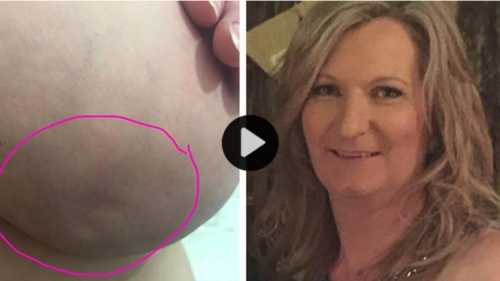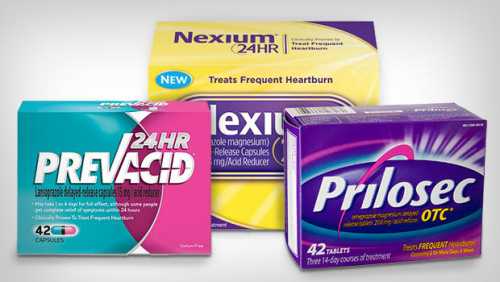4-year-old In Texas Suffers Brain Damage After Visit To Dentist
Sedation for a tooth pull caused severe brain damage:
HOUSTON --A 4-year-old girl went to a dentist to get a tooth pulled, and she's now in a hospital with severe brain damage. Her family is living a nightmare. They want to know how what should have been a simple procedure went so wrong.
Two months ago, Nevaeh begged her mom to go to Chuck e Cheese. Now she's at a rehab hospital. The 4-year-old can't talk, walk, eat or even see.Her father Derrick Hall said, "It's heartbreaking. It really is like... I never in a million years would have thought something like this would happen. "
Nevaeh's family says she suffered severe brain damage after being sedated at the dentist. She was supposed to have a tooth pulled.We discovered through state records that Nevaeh's dentist, Dr. Bethaniel Jefferson, who worked at an office on Kuykendahl Road, was suspended from practicing by the Texas Board of Dental Examiners after the incident
Unfortnately, also poor judgement in reaction by the dentist:
They cited that Dr. Jefferson did not call for help immediately after Nevaeh started having seizures and attempted to her treat with medication, instead of calling 911.
According to the video posted on the ABC news article, the parents were waiting for hours in the waiting room, not knowing anything was wrong until they saw the paramedics rush in.
Be careful who you choose for your dentist. Google them, research them, talk to them, and do your own interview.
We also uncovered the dentist had a history of problems with patients.
In 2012, records show Dr. Jefferson didn't properly sedate a young patient.
In 2005, records say she didn't keep proper track of a patient's blood pressure and pulse.(via ABC News: "4-YEAR-OLD IN TEXAS SUFFERS BRAIN DAMAGE AFTER VISIT TO DENTIST"
Also, good idea to be in the room with your kids.
Is sedation a good idea for simple procedures, or should be avoided whenever possible? Check out ABC's articke from 2012, "Parents: What to Watch Out For at the Dentist":
As detailed in a report on "Nightline" Thursday, an ABC News investigation found that American children are being put at risk by inadequately trained dentists who often seek to enhance profits by sedating their young patients for even routine tooth cleaning and cavity treatments.
Here is a list of questions the American Dental Association (ADA) recommends parents to ask concerning sedation or general anesthesia for their children:
Prior to the procedure:
• Who will provide the preoperative evaluation of my child including their past medical history such as allergies, current prescription medications and previous illnesses and hospitalizations?
• What is the recommended time that my child should be without food or drink prior to the procedure (with the exception of necessary medications taken with a sip of water)?
• Will any sedation medication be given to my child at home prior to their coming to the office and, if so, how should they be monitored?
• What training and experience does the sedation/anesthesia provider have in providing the level of sedation or anesthesia that is planned for the procedure? Does this training and experience meet all of the standards of the ADA Guidelines for the Use of Sedation and General Anesthesia by Dentists?
• Does the staff assisting in the procedure have current training in emergency resuscitation procedures, such as Basic Life Support for Healthcare Providers, and other advanced resuscitation courses as recommended by the ADA Guidelines? Is this training regularly renewed?
• Does the state dental board require a special sedation/anesthesia permit or license that allows for the sedation/anesthesia provider to administer this specific level of sedation or anesthesia in the dental office?
During the procedure:
• In addition to the use of local anesthesia (numbing), what level of sedation or general anesthesia will be given to my child? Is it minimal sedation (relaxed and awake), moderate sedation (sleepy but awake), deep sedation (barely awake) or general anesthesia (unconscious)?
• How will my child be monitored before, during and after the procedure until the child is released to go home? Are the appropriate emergency medications and equipment immediately available if needed, and does the office have a written emergency response plan for managing medical emergencies?
After the procedure:
• Will the sedation/anesthesia provider give me instructions and emergency contact information if there are any concerns or complications after returning home?
Also another resource:
The Raven Maria Blanco Foundation, which seeks to alert parents to the potential dangers of the use of oral sedatives on young patients, has its own recommended sedation checklist for parents. CLICK HERE for the foundation's "Pediatric Dental Care Checklist."
The foundation is named for eight-year old Raven Blanco of Chesapeake, Virginia, who died after her dentist, Dr. Michael Hechtkopf, gave her "three times the average range" of sedatives, according to a medical examiner.
The dentist had his license restricted for three months and was ordered to complete seven hours of continuing education in record keeping and risk management. He has since retired.
Check for dentist complaints/reports, besides reviews.




 Report a concern
Report a concern

 Add Comment
Add Comment


